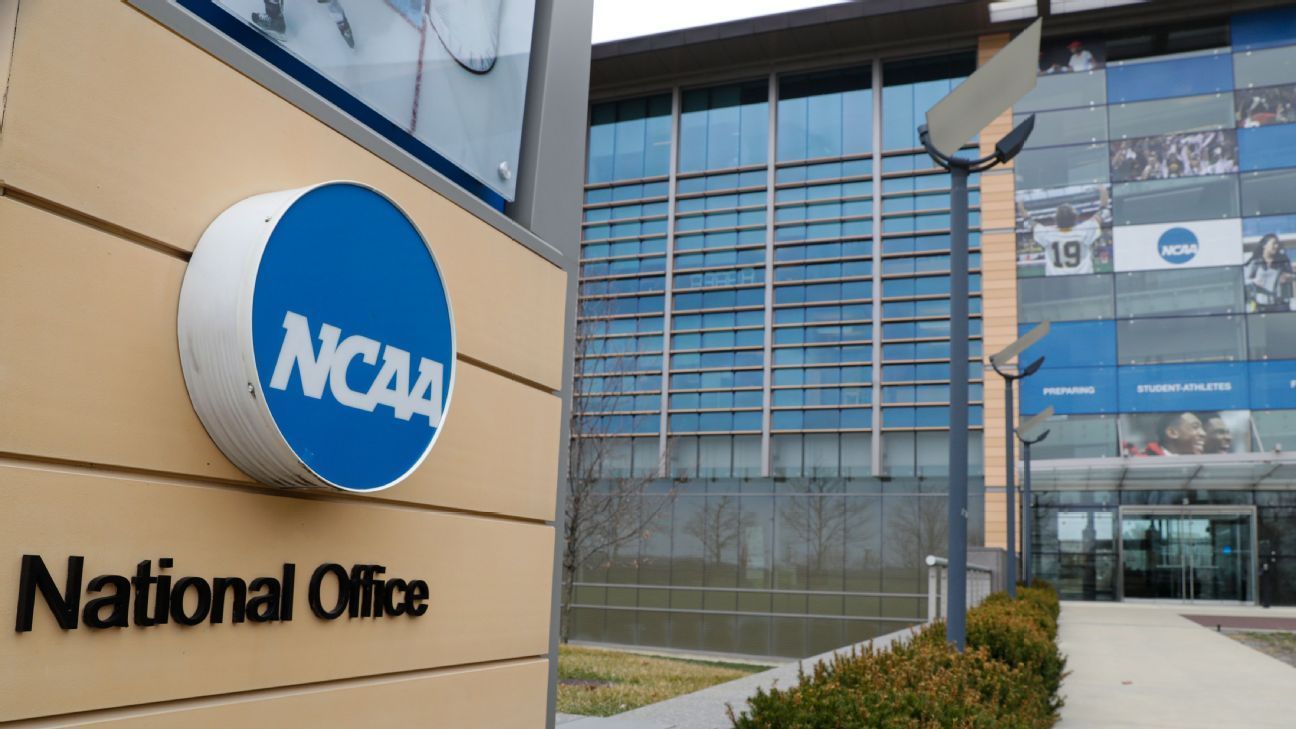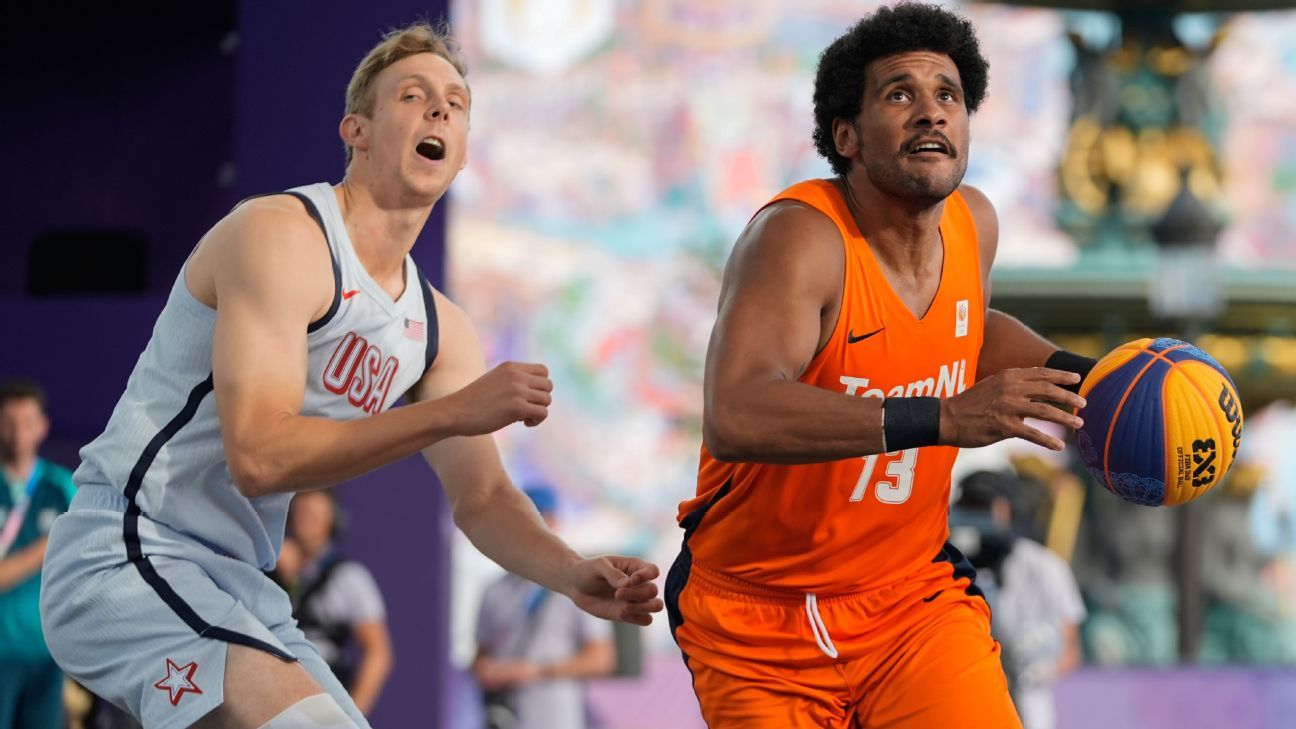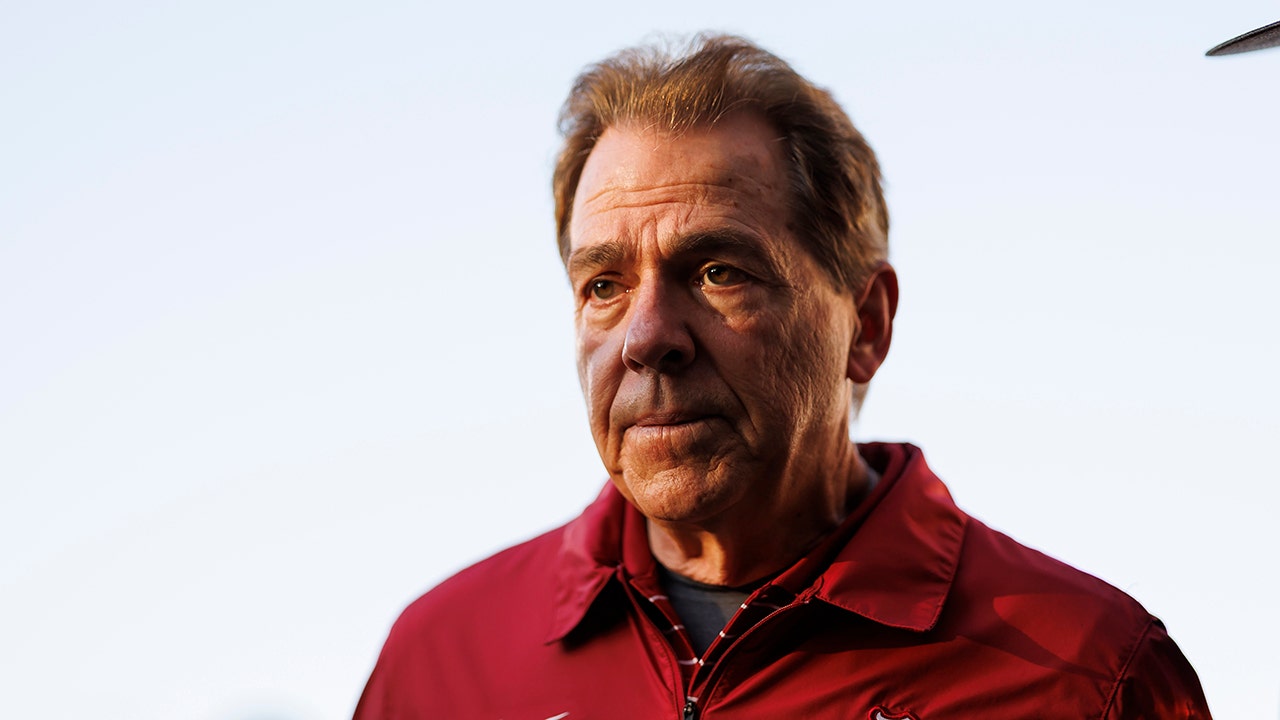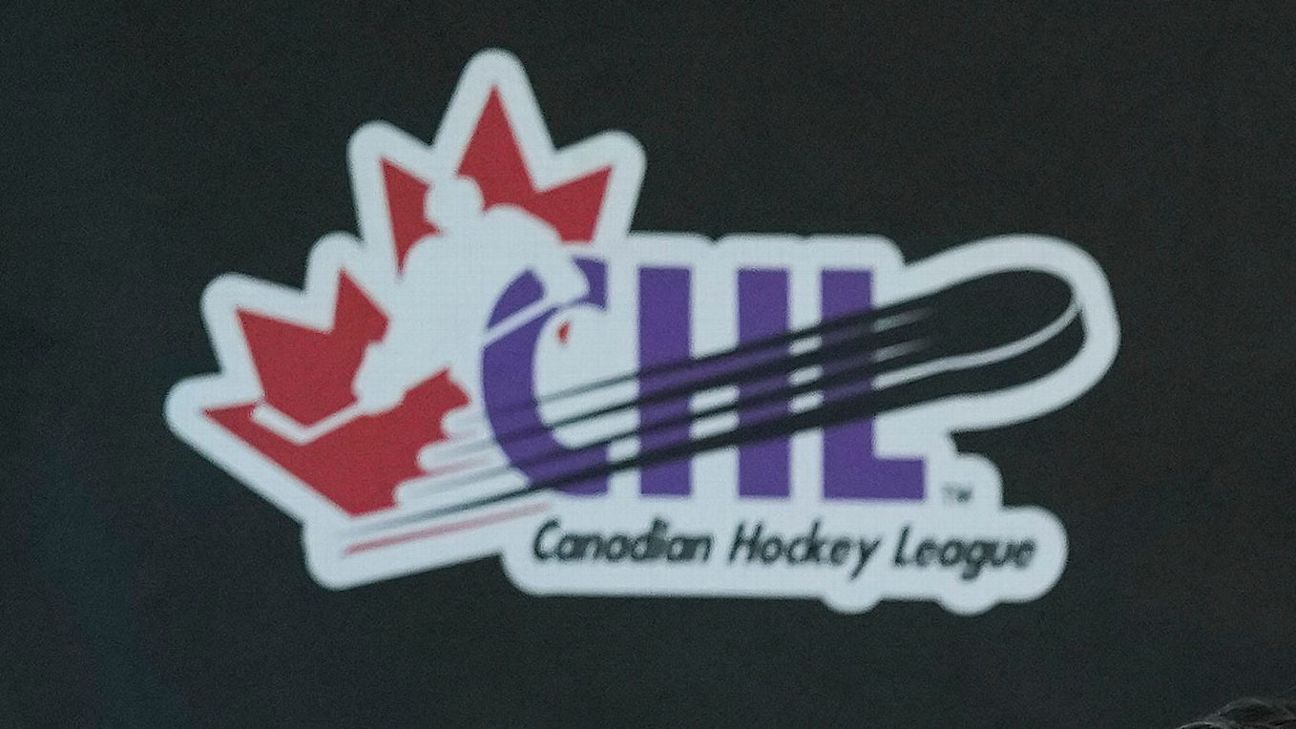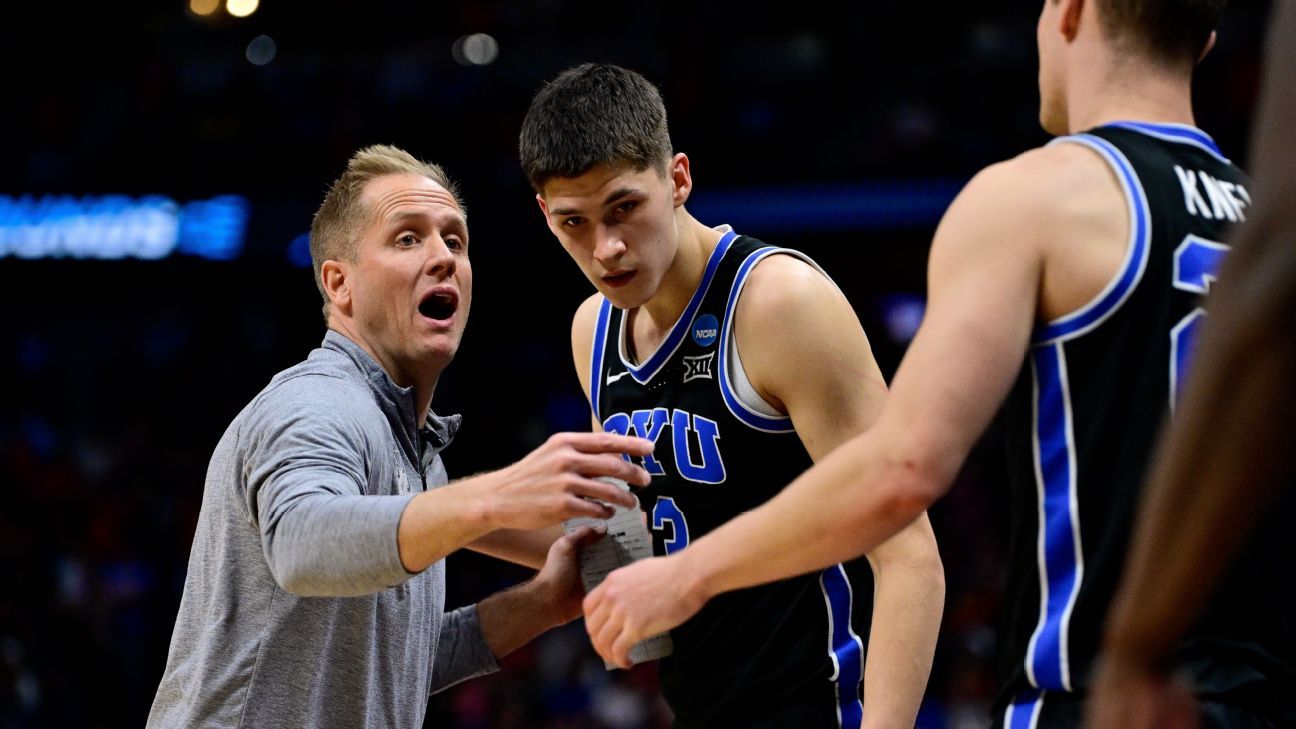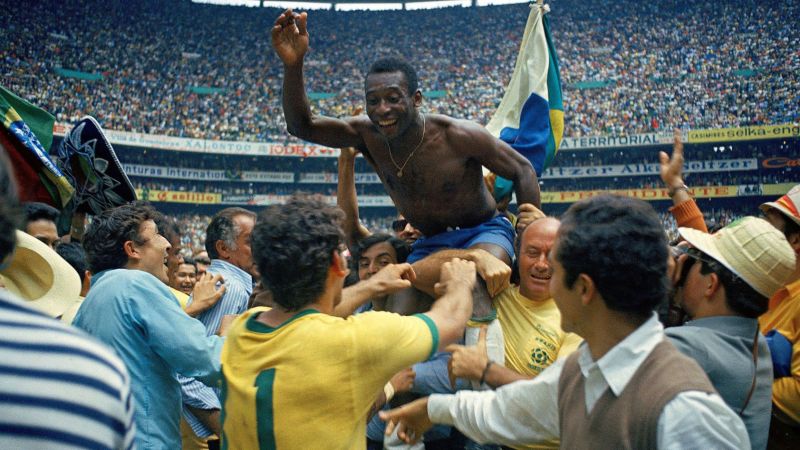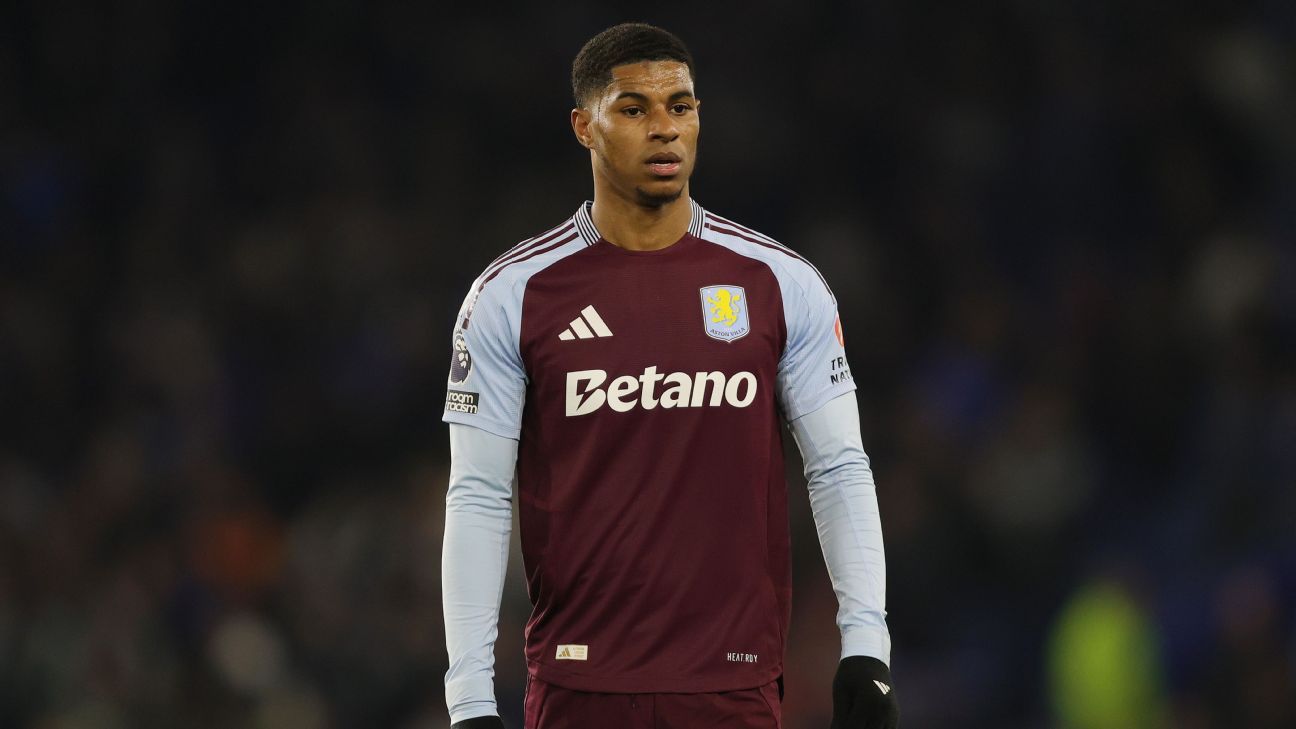In an effort to “speed up the infractions process,” the NCAA implemented a new system in 2023. It was a worthy goal: NCAA cases often dragged on for years through an elaborate and costly maze of hearings.
Among the new features was a bifurcation process that allowed some parties in a case to simply resolve charges and begin dealing with sanctions rather than being left in limbo while a full adjudication unfolded. The school, for example, may admit guilt, but the individuals involved receive a separate case. Or vice versa.
It allowed UCLA, in 2024, to quickly negotiate a resolution after being accused of two relatively minor Level II violations related to its women's track and field and cross country programs.
The penalty was so light (a $5,000 fine and some recruiting restrictions) that it would have been more costly for UCLA to fight even if believed innocent. Meanwhile, the NCAA cleared his record.
Everyone wins.
Except it's been nothing but a loss for assistant coach stuck in the middle, Sean Brosnan.
The bifurcated process meant that, although Brosnan vehemently denies any violations, he was never able to present an official defense in his individual case before the system incentivized his now-former employer to simply say he did it.
“The NCAA decided in the UCLA Negotiated Resolution that Sean Brosnan had committed tampering violations before we had even filed his response,” said Scott Tompsett, Brosnan's attorney and a three-decade veteran of NCAA cases.
“I don't see how a coach can get a fair hearing after the NCAA has already decided he's guilty,” Tompsett continued.
The NCAA declined to comment on this case.
The question remains: In trying to fix a slow system that was sometimes unfair to participants, did the NCAA do things so quickly that it is sometimes unfair to participants?
The accusations here are pretty simple.
Brosnan coached Newberry Park High School in Thousand Oaks, California, to four state titles before UCLA hired him as an assistant in 2022.
In 2023, the NCAA accused Brosnan of manipulating two potential transfer recruits, Alabama's Samantha McDonnell and Virginia's Mia Barnett, before they officially entered the transfer portal.
Brosnan, however, responded that he had a pre-existing personal relationship with both riders' families.
Brosnan coached both Samantha McDonnell and her older brother at Newberry Park and had become close friends with their parents, particularly father Todd. The dads hung out together, surfed together, and often texted and talked on the phone. Families even shared vacations.
Mia Barnett was from another Southern California high school, but Brosnan met her and her father, Matt, during COVID-19 when Brosnan hosted some track meets in Arizona. They communicated often as friends over the years.
Once Brosnan arrived at UCLA, each parent separately mentioned that their daughters wanted to transfer. Brosnan said he told them he couldn't talk about it until they entered the transfer portal. Both parents supported him before NCAA investigators.
“The first thing [Brosnan] saying [was] “I can't talk about it until [Samantha’s] in the doorway,'” Todd McDonnell testified.
“Sean made it very clear,” Matt Barnett testified. “He says, 'Well, I understand… but any discussion would have to go through the transfer portal.'”
Both running backs eventually transferred to UCLA, although neither received any scholarships. Later, they both left for Oregon.
After receiving notice about the transfers, the NCAA opened an investigation. UCLA was resolved fairly quickly, which, again, made sense for the school. UCLA declined to comment for this article.
Brosnan, however, was suddenly stuck. His contract with UCLA was not renewed, and because his own employer said he committed recruiting violations, he said he had been passed over for other university jobs.
In July, the NCAA infractions committee ruled that Brosnan engaged in tampering, citing that any communication between a coach and the family of a student-athlete at another school is considered “impermissible contact.” It didn't matter if he was friends with the parents or if they were discussing unrelated topics.
“The statute makes no distinction between recruiting contact and non-recruiting contact,” the IOC wrote in its ruling. “It also does not create exceptions for pre-existing relationships.” He further noted that even if the communication was personal in nature, “those relationships provided an advantage that other accommodating coaches…did not possess.”
Brosnan maintains that such a harsh interpretation is not only incorrect, but impractical and absurd, since it would cause any NCAA coach to have to cut off all communication, even with lifelong friends or family who have a child playing elsewhere.
Brosnan has appealed, arguing that the standard for a violation should be whether any actual “recruiting conversation” occurred. A decision on this matter is pending.
Meanwhile, Brosnan wonders what role the UCLA resolution played in his verdict. After all, three of the seven members of the infractions committee that ruled on his case also approved the settlement between the NCAA and UCLA that already found him guilty.
An NCAA spokesperson noted that “the Infractions Committee is not bound by prior rulings within the same case. More specifically, the rules contemplate, and all parties acknowledge, that different outcomes are possible for the same case.”
Sure, in theory, but can you really expect them to change course and suddenly say that a guy they agreed was guilty is now not guilty?
“I think it creates implicit bias,” Tompsett said.
Maybe Brosnan is clean here. Or maybe the infractions committee is right.
What is undeniable is that the new system has delivered what was intended for the NCAA and the school: it is a quick and economical resolution of a case of low-risk infractions.
However, for Sean Brosnan, this is a lot at stake: fighting for his reputation and his career from a perhaps impossible place, and being found guilty before he has a chance to prove himself innocent.

